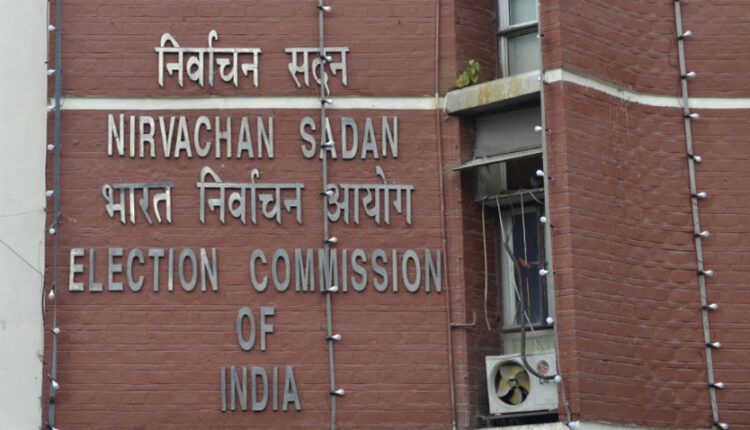Jammu: Ahead of an all party meeting called by Prime Minister Narendra Modi from Jammu and Kashmir on June 24, Election Commission of India on Wednesday discussed with Deputy Commissioners of all the 20 districts of the Union Territory the difficulties being faced by a voter in an assembly constituency having no geographical contiguity.
The meeting was chaired by Deputy Election Commissioner Chandra Bhushan in which Deputy Commissioners took part virtually. He them whether voter has to travel long distances in such constituencies, or places which fall in one district but included in a constituency falling in some other district.
He also asked the Deputy Commissioners about the administrative difficulties being faced by them in such assembly constituencies within their respective districts, sources said.
The idea behind this, they said was to avoid overlapping of assembly constituencies during the delimitation exercise so as to save people and the administration of such hardships.
At present, the ruling politicians in order to remain in power have got the delimitation of assembly constituencies done in a manner that area of one district is included into the assembly constituency of another district.
The meeting was held in two sessions from 11.00 AM – 12.30 PM and from 1.30 PM – 3.00 PM. In first session, meeting was held with the Deputy Commissioners of Jammu, Samba, Rajouri, Poonch, Kupwara, Bandipora, Baramulla, Srinagar, Ganderbal and Budgam, while Deputy Commissioners of Kishtwar, Doda, Ramban, Udhampur, Reasi, Kathua, Pulwama, Shopian, Kulgam and Anantnag met during second session.
Both the sessions lasted for nearly an hour each, with every Deputy Commissioner taking around 8-10 minutes to put forth the administrative difficulties faced by them with regards to such assembly constituencies in their area.
The Election Commission also sought details on the Assembly constituencies reserved for Scheduled Castes, apart from their population along with that of Scheduled Tribes.
The erstwhile State of Jammu and Kashmir had 111 seats in the Legislative Assembly including 24 reserved for areas of Kashmir occupied by Pakistan. While elections used to held on 87 seats, the remaining 24 seats were kept vacant.
However, following bifurcation of the erstwhile state into two Union Territories, Jammu and Kashmir was left with 83 assembly seats. Now with an addition of seven seats, J&K UT will have an Assembly of 90 seats.

